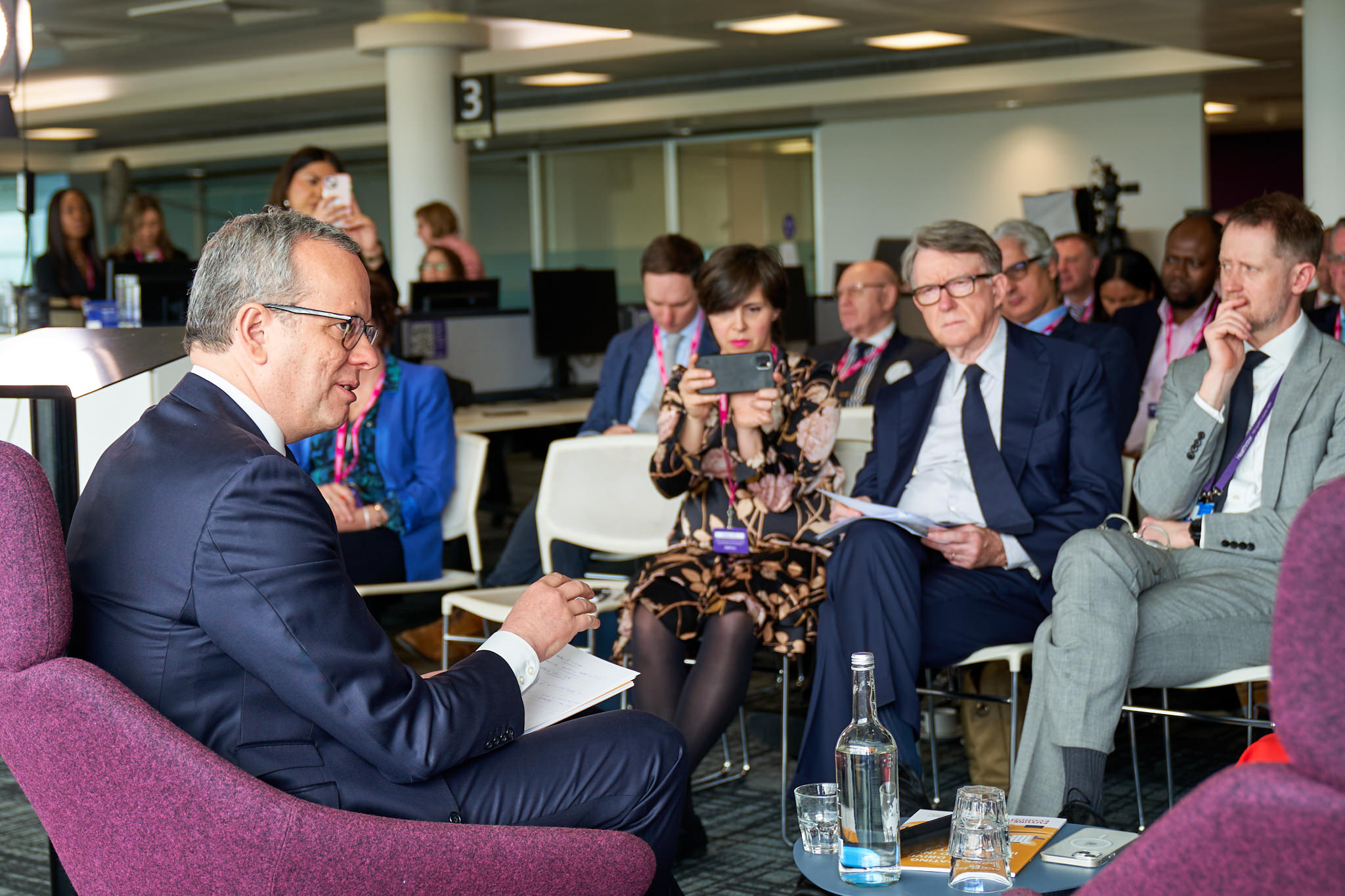
Following the launch of the Global Britain report from British Chambers of Commerce last week, Michael Hayman shares his reflections for Elite Business on how Britain can reclaim its global prominence on the world stage.
“You’ve no control who lives, who dies, who tells your story.” The final words of the acclaimed musical Hamilton ponder the meaning of legacy, evoking Sir Winston Churchill’s famous line: “History is written by the victors.”
Many who write the history of Britain in the 2020s will speak of uncertainty, unrest and unfulfilled potential. And while the past four years have seen challenges like few we’ve faced in the post-war period, we cannot allow our story to be told for us.
Lord Harrington captures this sentiment in the foreword to the British Chambers of Commerce’s new report, Global Britain – Accelerating Growth: Driving Trade and Inward Investment. He says that the UK “has a tremendous story to tell the world. How it is told, and by who, matters to the success of our economy.”
Through this report and the Global Britain working group, which I chair, we hope to shape a new narrative about Britain’s place in the world and the world’s place in Britain.
The vital assets for growth
The UK is faced with competition from the entrepreneurial zeal of economies globally. It means we must consider our purpose and relevance in a digital age, and how we keep our seat at the top table.
The gear shift required in this changing trade landscape is to move from the mindset of an incumbent to that of a challenger. Accelerating our position as a leading nation for capital investment with a new and coordinated focus on presenting the country’s capacity for innovation.
And we have a great head start. The Global Innovation Indexranks the UK fourth out of 132 nations, we are the fifth largest economy in the world, have the third largest stock of inward investment assets, and rank fifth globally for total value of exports, while 18 of the top 100 international universities by research spend and standing are right here.
But we must not take any of this for granted. As the report says: “FDI decisions rely heavily on education, culture, language, diversity, quality of life, and other less tangible, but no less important, factors. The UK is amazingly strong in all these areas and must do more to pitch them to the global business audiences.”
In short, we must use them or lose them.
TeamUK: Putting our best foot forward
Our report offers 26 recommendations for using these assets, examining three key areas of mindset, capital and focus.
Mindset is about stepping out of Brexit’s shadow, so politicians take bold decisions to make it work. Capital is about an injection of investment into the UK by targeting both large and emerging economies. And focus is about a greater emphasis on services exports, implementing the Harrington Review in full, and an acceleration of planning decisions pertaining to FDI projects.
What all that leads to is our central recommendation, ‘TeamUK’: a new business-focused drive to champion and revitalise ‘Brand Britain’ by showcasing the best of what we can offer inward investors.
TeamUK would work with business to refresh the Government’s ‘GREAT’ campaign and convene an international network of cultural, societal, commercial, and business networking bodies into a cohesive unit, to promote the country’s offer to the world.
It would also be at the heart of new FDI and Export Councils, renewing the public-private sector partnership while recognising the increasing importance of the private sector in securing inward investment.
Global Britain: Open for business
To be a dynamic investment and innovation location of the future, we must light a beacon that signals to the world that they can find their place in an open, global, talented, agile, and optimistic nation.
What comes next must be an unparalleled focus on commercial diplomacy, a revitalised message around ‘Great’ Britain, and a mobilisation of the economy around exports.
In turn, we must double down on the trade agenda, offering more effective support for our small and growing firms, so that they are empowered to take advantage of the UK’s trade agreements.
The UK’s is an international standing hard won, but even harder maintained. To do it, we must be bold enough to tell our own story and define Britain’s legacy.